
Introduction — Scope and statutory framework
The structure of rules regarding foreign donations and funding depends on the Foreign Contribution (Regulation) Act, 2010 (FCRA) and Rules. (Ministry of Home Affairs) A Trust accepting cross-border resources is required to comply with statutory limitations under the FCRA while assuring charitable objectives under the Income-tax law. Essentially, this amounts to a dual regime of compliance: acceptance (permission/registration), utilization (approved objects), reporting (portal returns, audits) and statutory certifications.
A Trust is a legal body governed by the law of trust and managed by the trustees; disclosure, audit and governance standards are decided based on whether it is public or private. Legal definition "foreign contribution" includes foreign currency, articles, and securities and comprises mentioned transfers between organizations. Whether any receipt is labeled as donation or foreign contribution decides whether a Trust needs to be registered or have prior approval. Correct labelling of receipts as Foreign Contributions to trusts is an important control to ensure statutory traceability.
Registration and Prior Permission under FCRA
It is mandatory for a Trust in India to adhere to the provisions of the Foreign Contribution (Regulation) Act (FCRA) before it can legally accept any foreign contribution. The legislation prescribes two channels — registration and prior permission.
A Trust or an NGO that anticipates accepting foreign donations or grants on a regular basis is required to apply for FCRA registration. This registration allows the organization to receive money from time to time for its registered charitable causes. However, if a Trust is expecting an occasional or one-time contribution from a particular overseas donor, it needs to make a prior application to the Ministry of Home Affairs before receiving such contributions. This facilitates accountability and enables the government to track the purpose as well as application of foreign contributions.
The FCRA registration process is elaborate and compliance-based. The trusts need to make the details of governing members public, provide identity and address proof of the important persons, indicate the type of charitable activities, and give information about the proposed FCRA bank account to which all foreign contributions will be made. This specific account has to be opened in a bank approved by the Ministry — currently the State Bank of India, New Delhi Main Branch, as required under FCRA (Amendment) Rules. Further, the organization should ensure that it complies with all due diligence and KYC (Know Your Customer) requirements as stipulated. The registration thus issued is time-limited and subject to periodic renewal in order to remain effective. Sensing the procedural hassles of many charitable organizations, regulators have, on occasion, made available interim extensions by way of public notices so as to alleviate operational hardships and facilitate continuity of legitimate charitable activity.
Failure to obtain registration or prior permission before receiving any foreign contribution can lead to serious legal consequences. Non-compliance attracts monetary penalties, and in severe cases, it can result in criminal investigations against trustees or office-bearers. Hence, it is vital that every Trust dealing with foreign donations ensures compliance with FCRA requirements before accepting funds.
Eligible Uses and Prohibited Activities
The FCRA provides strict regulations regarding the utilization of foreign contributions by registered Trusts and charitable societies. The main requirement is that funds for such purposes should be used only for legitimate philanthropic objectives in accordance with the mentioned purposes as defined in the governing documents of the society. Permitted uses are for undertakings connected with education, health care, poverty reduction, social welfare, and protection of the environment. Money spent for these purposes should be accounted for, spent on projects as approved only, and backed by supporting documentary evidence and audit report.
And yet, the Act also places stringent checks to avoid misuse. Foreign contributions cannot be used by trusts for any political purpose, or for funding content to influence public opinion, political results, or media discourse. Contributions that might have a potential to compromise the sovereignty, integrity, or public order of India are not allowed at all.
Over the last few years, new regulatory guidelines have been implemented to subject media, publishing, or news-related organizations to higher scrutiny. The purpose is to ensure that foreign contributions do not indirectly fund control or influence domestic journalism or public debate. The checks aim to balance support for genuine charitable activity while guarding national interests.
Accounting, Auditing, and Reporting Requirements
After registration under FCRA, a Trust needs to adhere to strong accounting and reporting procedures to maintain utmost transparency in the management of foreign funds. The act requires all foreign donations to be received and spent through a single account specifically designated as FCRA bank account, so that no other account is utilized for such receipts.
The organization should have distinct books of account for foreign donations, clearly segregated from domestic donations or income from any other source. All the transactions pertaining to foreign funding — receipts, utilizations, transfers, and closing balances — should be accounted for in a manner that provides a complete audit trail. Each year, the Trust is required to furnish an annual return on the official FCRA online portal within the specified time frame. The returns have to be reconciled with the audited accounts of the Trust and certified by a certified Chartered Accountant. The certificate of the auditor is an assurance that funds were utilized solely for approved purposes under the Act and the expressed objectives of the organization.Amendments to procedures made in recent times under Financial Year 2024–25 have provided welcome clarifications on many operational aspects. Some of the changes include treatment of administrative expenses, carry-forward of unused foreign funds, and norms of utilization. These changes significantly affect the accounting policies and financial reporting structure of charitable trusts and NGOs who get foreign contributions.
Through reinforcing the compliance system, these reforms seek to facilitate greater transparency in the inflow of foreign contributions and ensure that resources are utilized only for real social and charitable progress in India.
Transfer and utilization of Foreign Contributions to trusts
Foreign transfers of funds among related parties, sister Trusts or NGOs require advance approvals or explicit rule-level sanction. The system distinguishes between legitimate intra-network transfer (with the necessary records) and unauthorized re-routing concealing the ultimate use. Specifically, each transfer or receipt is to be recorded as Foreign Contributions to trusts to make it traceable to audit and legislative purposes. Trustees should record receipts distinctly as Foreign Contributions to trusts in the cash-book, bank reconciliation and in the annual return. Internal controls are to flag any transaction that is not clearly distinguishable as Foreign Contributions to trusts and to refer for immediate board consideration. Such steps are in line with FCRA requirements and reduce classification risk. Recent enforcement action has been on transfers that were not with specific approvals. (Ashlar Law)
Tax Treatment & Incentives
-
In the case of trusts accepting domestic donations:
80G deductions:
Donors to qualified trusts can avail tax deductions under Section 80G of the Income Tax Act. But for a trust to permit that, it must have proper 80G registration. The rate of deduction (50% or 100%) will vary based on the nature of trust/charitable purpose.
12A/12AA registration:
In order to be exempt from income tax on their income, trusts must be registered under Section 12A. Without it, even if they receive donations, their income could be taxed.
-
For foreign contributions:
A Donations themselves are not taxed by default, but non-compliance under FCRA can result in legal action, loss of exemption, penalties, etc. Moreover, proper documentation is important.
What Donors Should Check Before Making Donations
If you are giving (particularly foreign donors or NRIs, or even local donors), these are some checks:
- FCRA registration or prior permission: Ensure the trust has proper FCRA registration (if foreign donation) or permission.
- 80G / tax deductible status: If you desire tax deduction, verify the trust is 80G registered and what rate of deduction is applicable.
- Purpose & clarity: Understand for what specific purpose the donation is being utilized; whether there are reports on projects, audits etc.
- Transparency: Donations receipts should be provided by trust having PAN, 80G number, name of donor etc.
- Banking & transfer route: For overseas donors, ensure how donation gets transferred (wire, remittance) and if it goes via the required FCRA account.
Recent changes and regulatory developments
Rule amendments in late-2024 and 2025 re-calibrated compliance substantively and procedurally. (Acuity Law) Foreign Contribution (Amendment) Rules (late 2024 effective 1 Jan 2025) addressed transactional irritants such as TDS refund treatment, administrative expense carry-overs and clarified transfer protocols. May 2025 Rule amendments followed, introducing disclosure and certification by key persons such as proof of citizenship status, and imposed tighter due-diligence on organisations engaged in publications. Authorities have made repeated public notifications granting interim validity when renewal applications are being processed; trustees need to keep watch on these notices to prevent business disruption. (FCRA Online)
Interaction with income-tax and other legislation
FCRA compliance runs concurrent with the Income-tax system regulating charitable status. Contributions entered as Foreign Contributions to trusts can still maintain charitable tax-free status under section 11 provided, they are used bona fide for charitable activities and not diverted to activities disallowed. CBDT's revised ITR-7 requires greater foreign donation reporting, income and application of funds cumulatively, while stepping up reconciliation requirements between FCRA returns and tax reporting. (The Economic Times) Cross-sectoral rule requirements (environment, labour, sectoral licensing) may also apply based on program activity.
Trustee compliance checklist
Operational controls to institutionalize compliance for any Trust that receives Foreign Contributions to trusts :-
- Check registration or get advance authorization for every foreign receipt and mention certificate reference numbers.
- Use the FCRA bank account allotted to all foreign receipts; do not commingle with local funds.
- Maintain distinct ledgers, monthly reconciliations and an audit trail for each donation.
- Maintain board-approved documents and donor acknowledgments before making any inter-entity transfer; mention purpose, authorisation and beneficiary.
- File timely annual FCRA returns on the portal and place certified audits; reconcile against ITR-7 disclosures.
- Perform KYC and document-based due diligence on foreign contributors; maintain identity records according to rule mandates.
- Maintain a compliance calendar according to FCRA timelines and MHA public notices; update policies upon release of procedural clarifications. (FCRA Online)
Practical risks, enforcement and remedies
Primary enforcement penalties for contraventions include suspension or cancellation of registration, freezing or attachment of identified FCRA accounts and, in the worst of cases, criminal prosecution. Recent cancellations indicate focused emphasis on transfers, governance lapses and abuse allegations; some cancellations have been contested in courts with doubtful outcomes based on procedural sufficiency. Trustees should adopt pre-emptive remedy mechanisms: immediate voluntary disclosure, forensic reconciliation, remedial board decisions and seeking administrative or judicial review as appropriate. (The Economic Times)
Conclusion — Roadmap for good governance
Effective administration of Foreign Contributions to trusts and gifts includes compliance-led approach: robust donor KYC, complete segregation of funds, transparent authorisations for transfers, synchronized tax and FCRA reporting and periodic monitoring for regulatory changes. The 2024–25 amendments underscore increased documentary burdens and trustee certification obligations; maintaining transparent internal policies that refer to Foreign Contributions to trusts and the FCRA will significantly reduce regulatory risk and protect charitable purpose.
Recent Posts
-
 SEBI’s New Co-Investment Framework for AIFs: An ...
Jan 14,2026
SEBI’s New Co-Investment Framework for AIFs: An ...
Jan 14,2026
-
 Incorporation of Company in Saudi Arabia...
Jan 05,2026
Incorporation of Company in Saudi Arabia...
Jan 05,2026
-
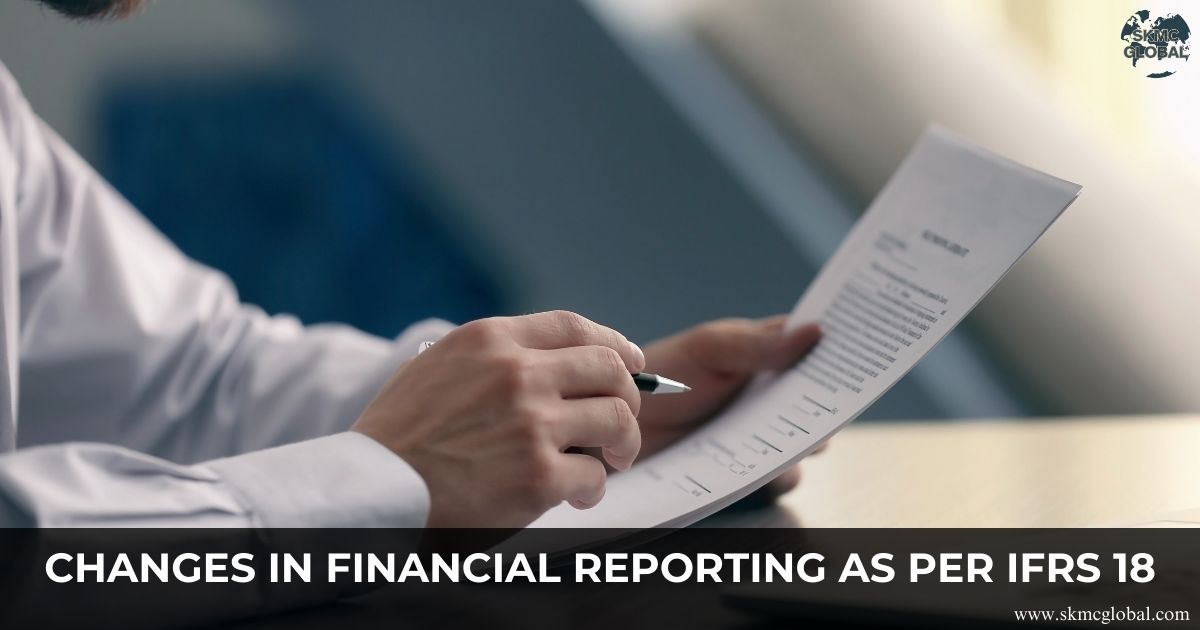 Changes in Financial Reporting as per IFRS 18...
Dec 31,2025
Changes in Financial Reporting as per IFRS 18...
Dec 31,2025
-
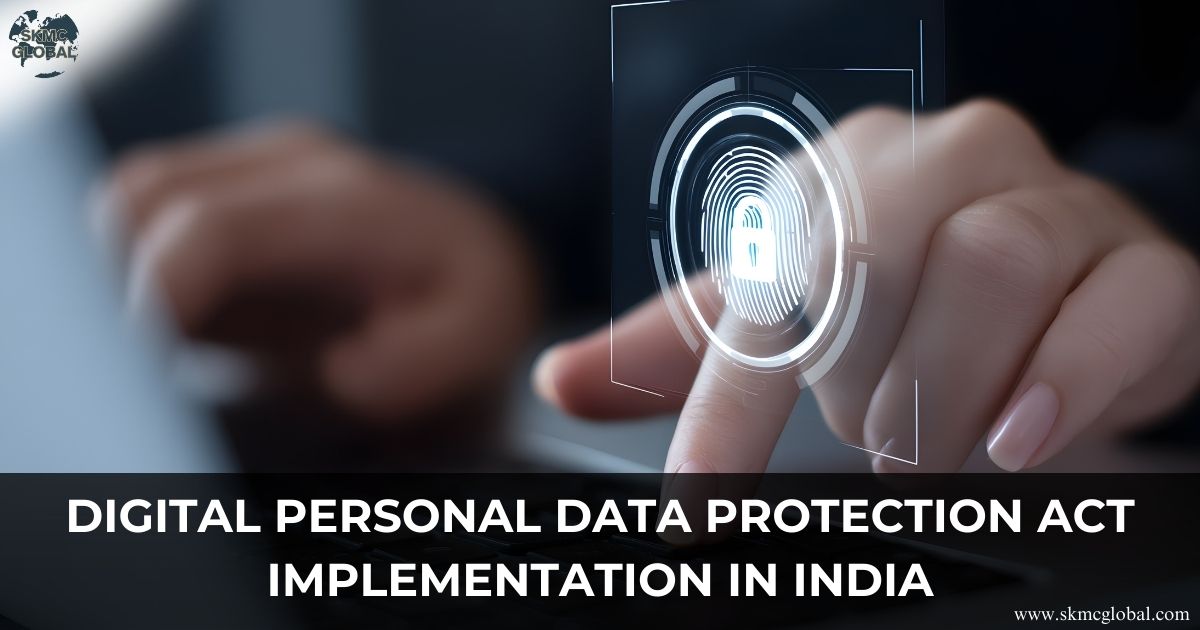 Digital Personal Data Protection Act Implementatio...
Dec 30,2025
Digital Personal Data Protection Act Implementatio...
Dec 30,2025
-
 How to setup a Semiconductor Unit in Gujarat...
Dec 26,2025
How to setup a Semiconductor Unit in Gujarat...
Dec 26,2025
-
 Process of Setting Up a Gratuity Fund Trust in Ind...
Dec 18,2025
Process of Setting Up a Gratuity Fund Trust in Ind...
Dec 18,2025
-
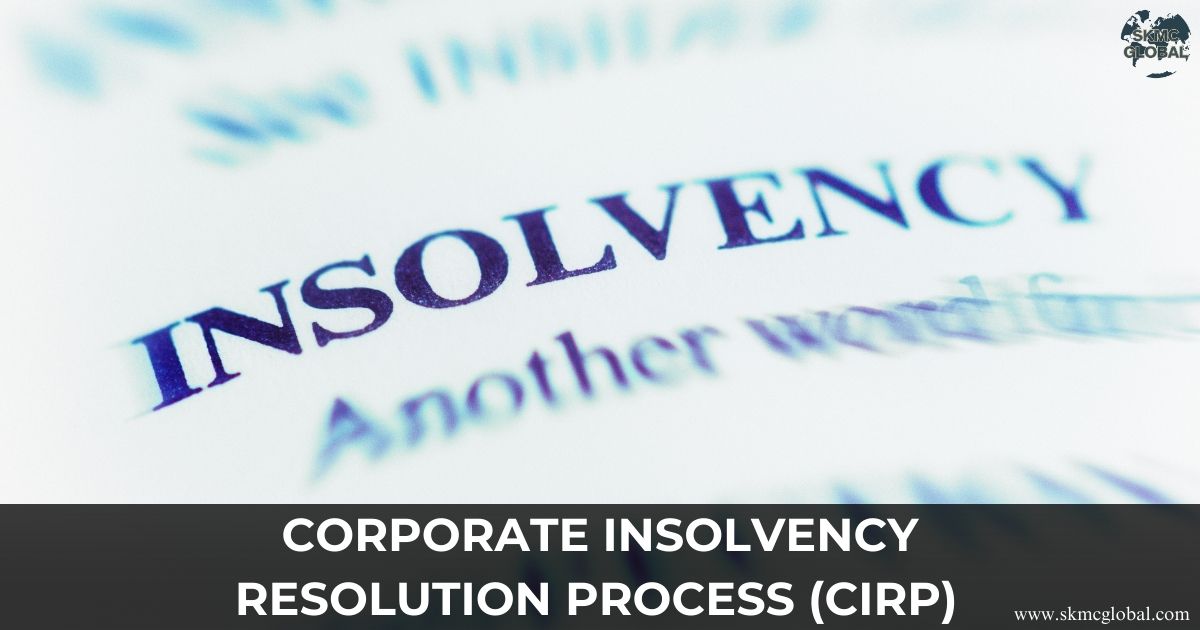 Corporate Insolvency Resolution Process (CIRP) und...
Dec 17,2025
Corporate Insolvency Resolution Process (CIRP) und...
Dec 17,2025
-
 Closure of a company in India...
Dec 12,2025
Closure of a company in India...
Dec 12,2025
-
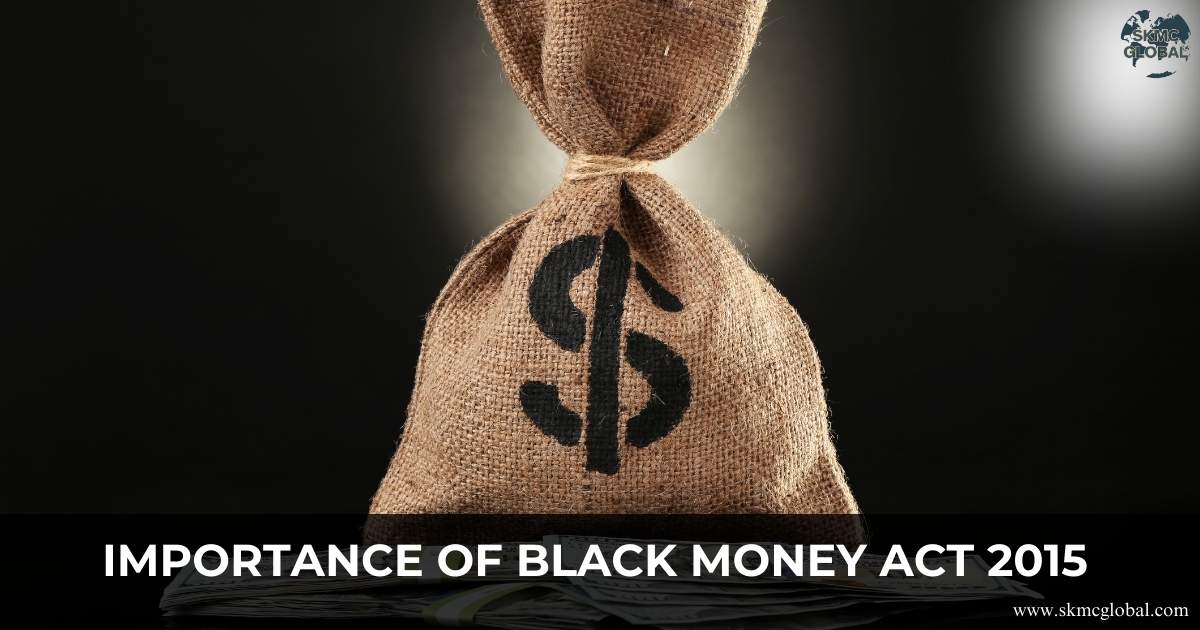 Importance of Black Money Act 2015...
Dec 11,2025
Importance of Black Money Act 2015...
Dec 11,2025
-
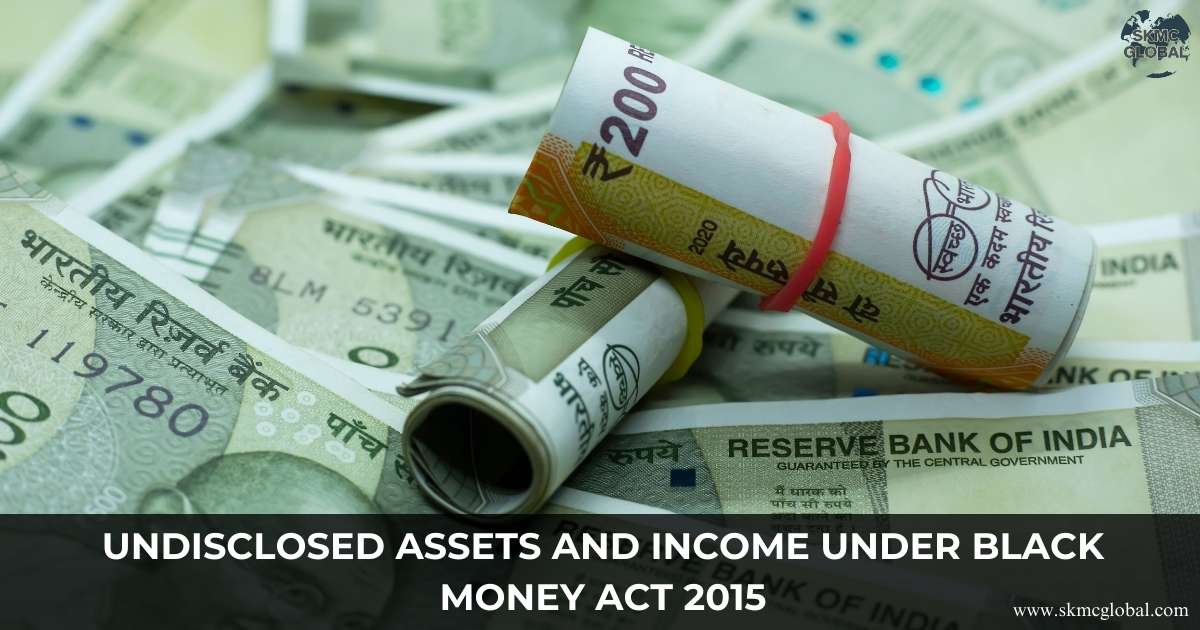 What are undisclosed assets and income under Black...
Dec 08,2025
What are undisclosed assets and income under Black...
Dec 08,2025
-
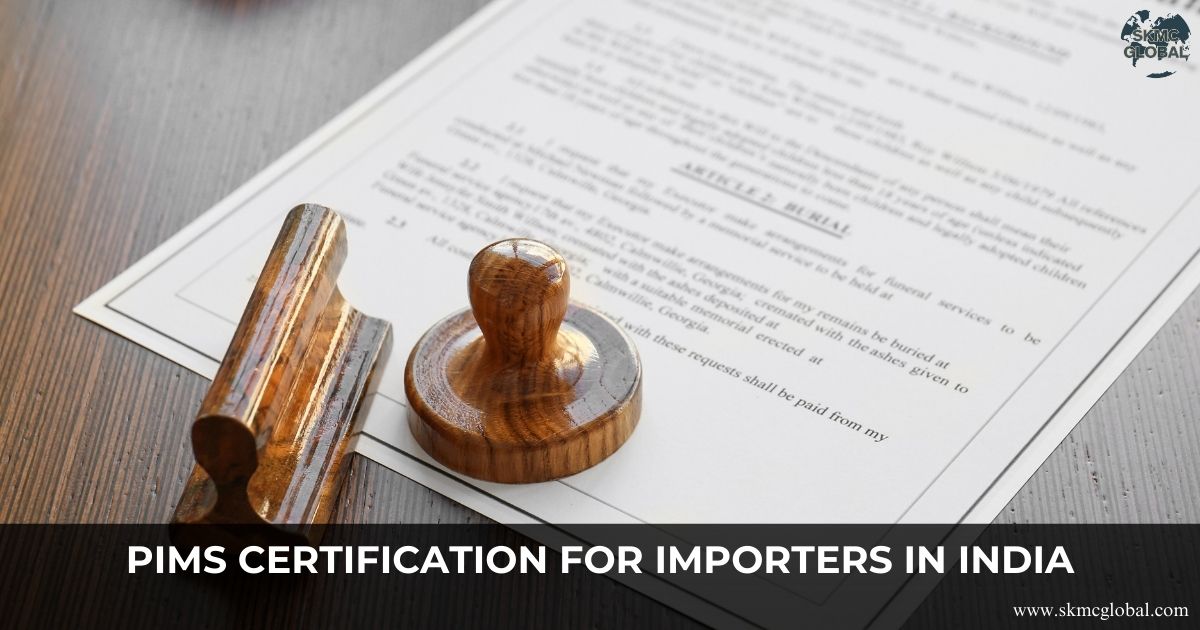 Importance of PIMS certification for Importers in ...
Dec 06,2025
Importance of PIMS certification for Importers in ...
Dec 06,2025
-
 Incorporation of Company in UAE...
Dec 03,2025
Incorporation of Company in UAE...
Dec 03,2025
-
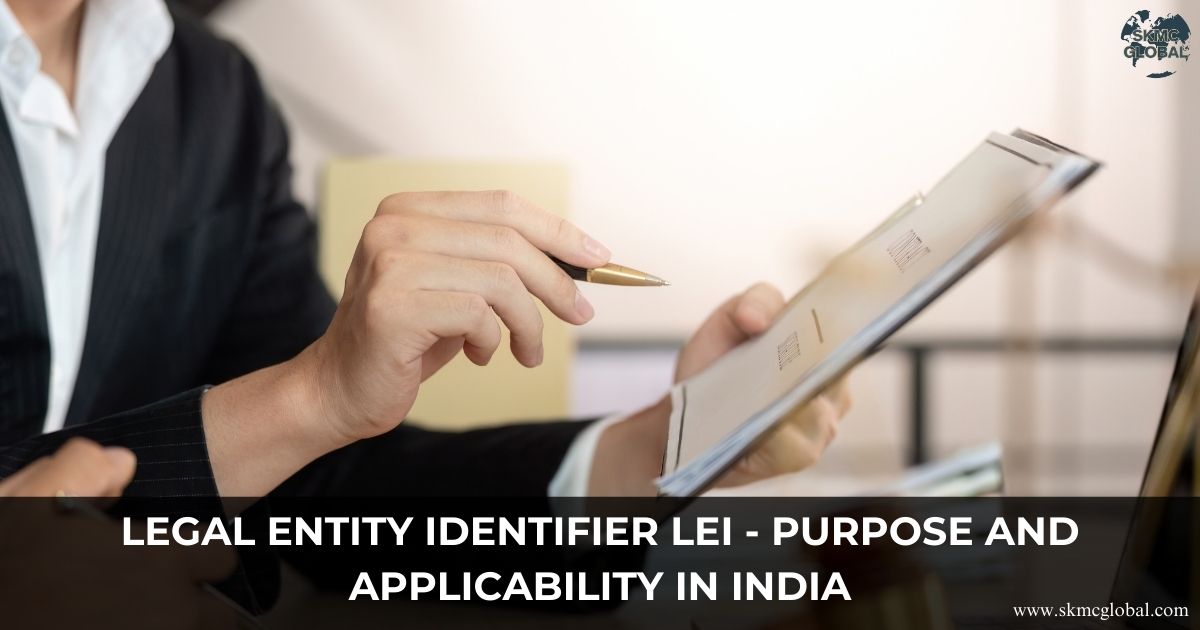 Legal Entity Identifier LEI - Purpose and Applicab...
Dec 01,2025
Legal Entity Identifier LEI - Purpose and Applicab...
Dec 01,2025
-
 Implementation of New Labour Codes 2025...
Nov 29,2025
Implementation of New Labour Codes 2025...
Nov 29,2025
-
 A Step-by-Step Guide to a Smooth Payroll Outsourci...
Nov 28,2025
A Step-by-Step Guide to a Smooth Payroll Outsourci...
Nov 28,2025
-
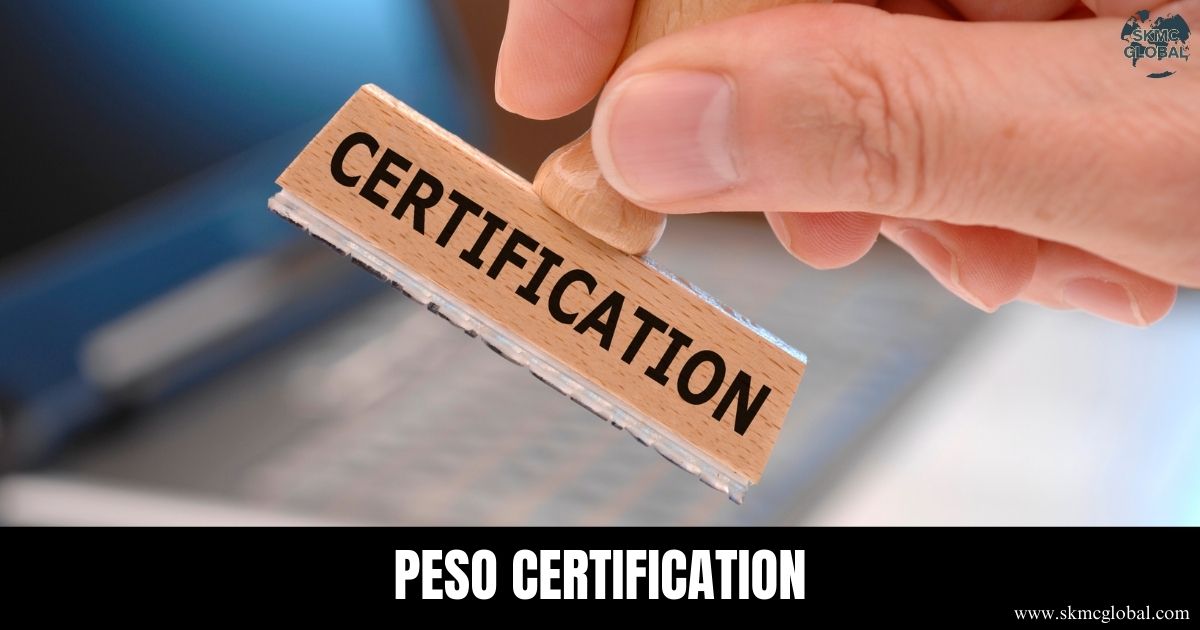 PESO Certification in India...
Nov 26,2025
PESO Certification in India...
Nov 26,2025
-
 Family Trusts for NRIs- Managing Indian Assets fro...
Nov 24,2025
Family Trusts for NRIs- Managing Indian Assets fro...
Nov 24,2025
-
 Decoding Disclosures: Section 184 of Companies Act...
Nov 21,2025
Decoding Disclosures: Section 184 of Companies Act...
Nov 21,2025
-
 All you want to know about Recycling business in I...
Nov 20,2025
All you want to know about Recycling business in I...
Nov 20,2025
-
 What is Seed Fund Scheme and its relevance for Sta...
Nov 19,2025
What is Seed Fund Scheme and its relevance for Sta...
Nov 19,2025
-
 Incorporation of Company in Singapore...
Nov 18,2025
Incorporation of Company in Singapore...
Nov 18,2025
-
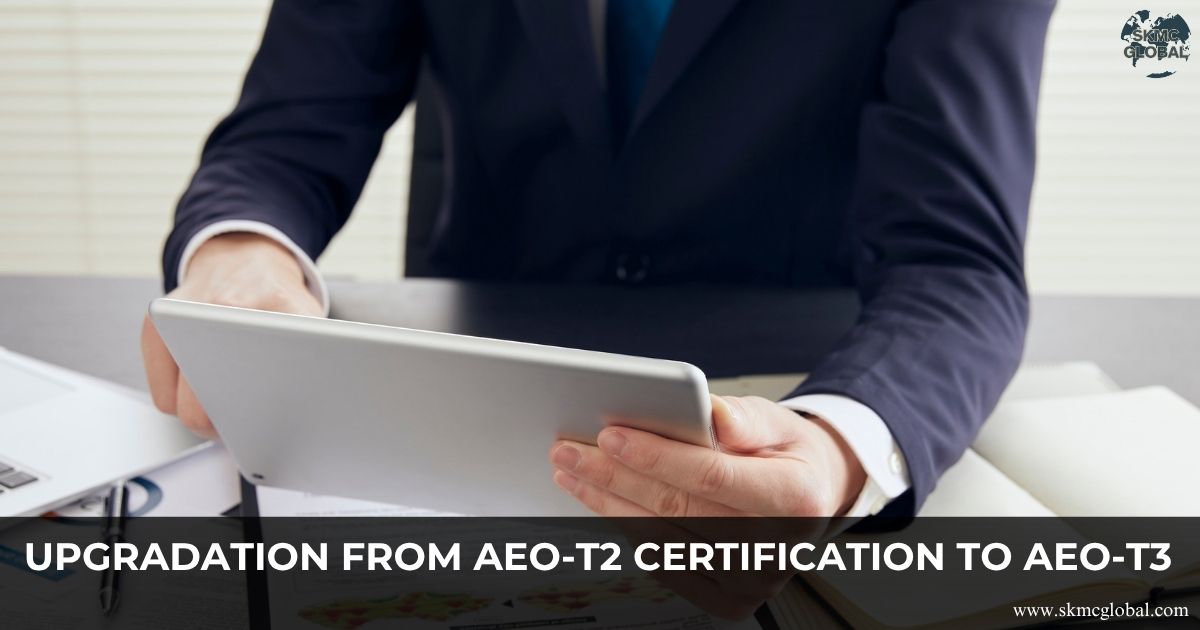 How to upgrade your AEO T2 certification to AEO T3...
Nov 15,2025
How to upgrade your AEO T2 certification to AEO T3...
Nov 15,2025
-
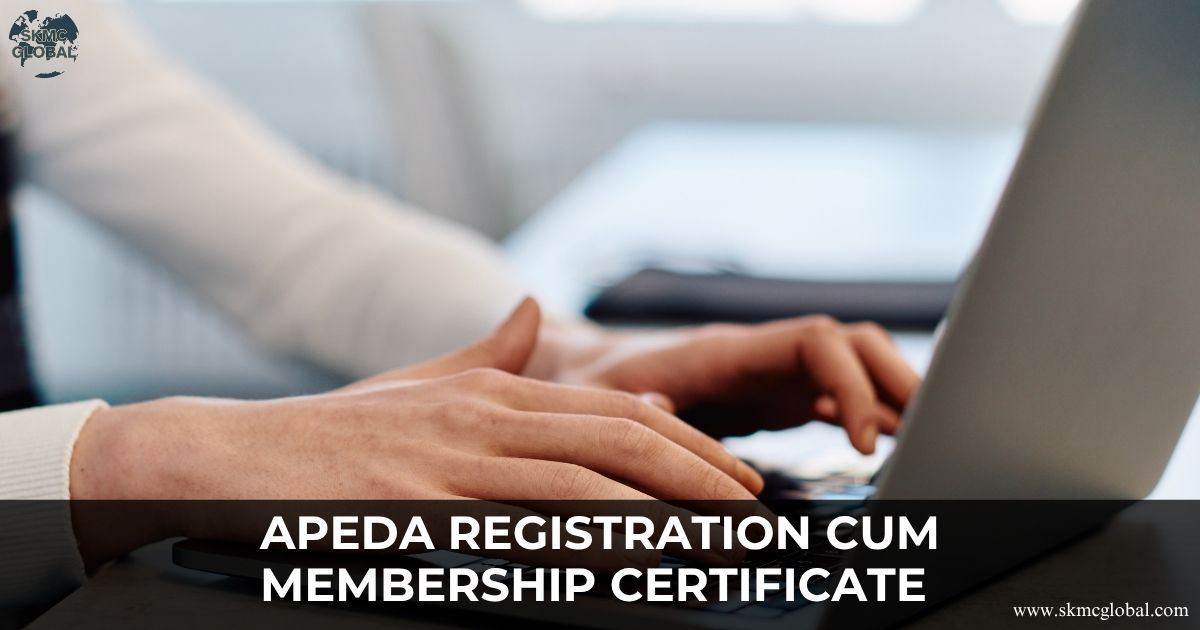 What is the relevance of APEDA Registration and it...
Nov 14,2025
What is the relevance of APEDA Registration and it...
Nov 14,2025
-
 Applicability of Indian Accounting Standards for c...
Nov 11,2025
Applicability of Indian Accounting Standards for c...
Nov 11,2025
-
 Public vs. Private Trust: key Differences in Regis...
Oct 28,2025
Public vs. Private Trust: key Differences in Regis...
Oct 28,2025
-
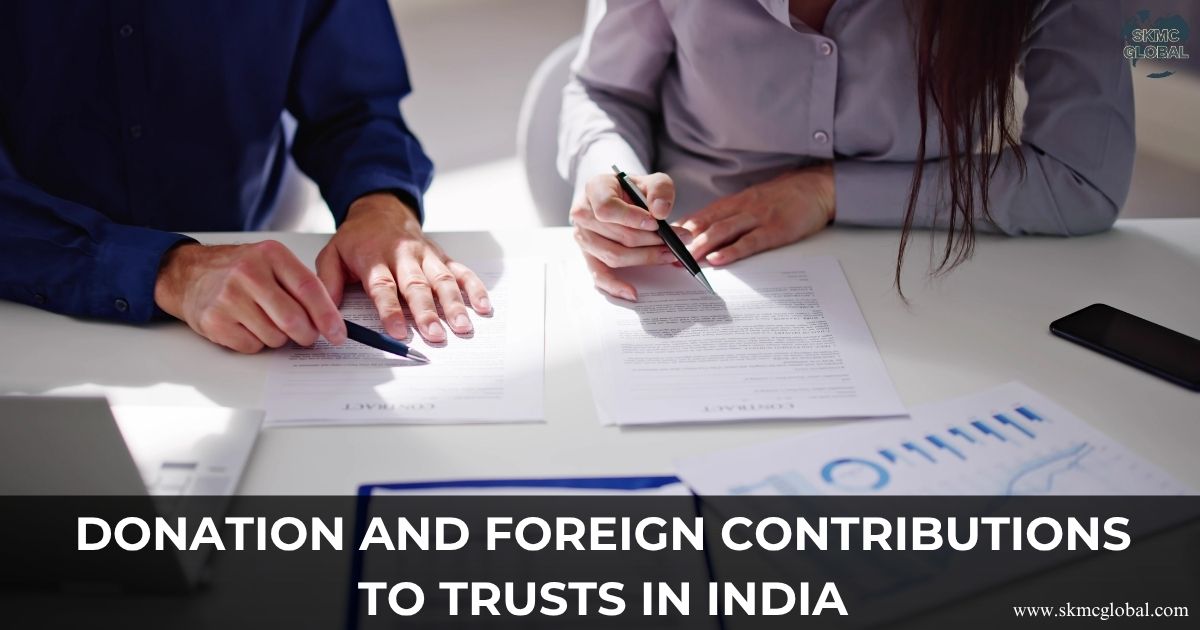 Donation and Foreign Contributions to Trusts in In...
Oct 23,2025
Donation and Foreign Contributions to Trusts in In...
Oct 23,2025
-
 Redeemable Preference Shares as a Financial Tool...
Oct 22,2025
Redeemable Preference Shares as a Financial Tool...
Oct 22,2025
-
 STPI Unit and Non-STPI Unit...
Oct 16,2025
STPI Unit and Non-STPI Unit...
Oct 16,2025
-
 Country-by-Country Reporting (CbCR) and Its Evolvi...
Oct 09,2025
Country-by-Country Reporting (CbCR) and Its Evolvi...
Oct 09,2025
-
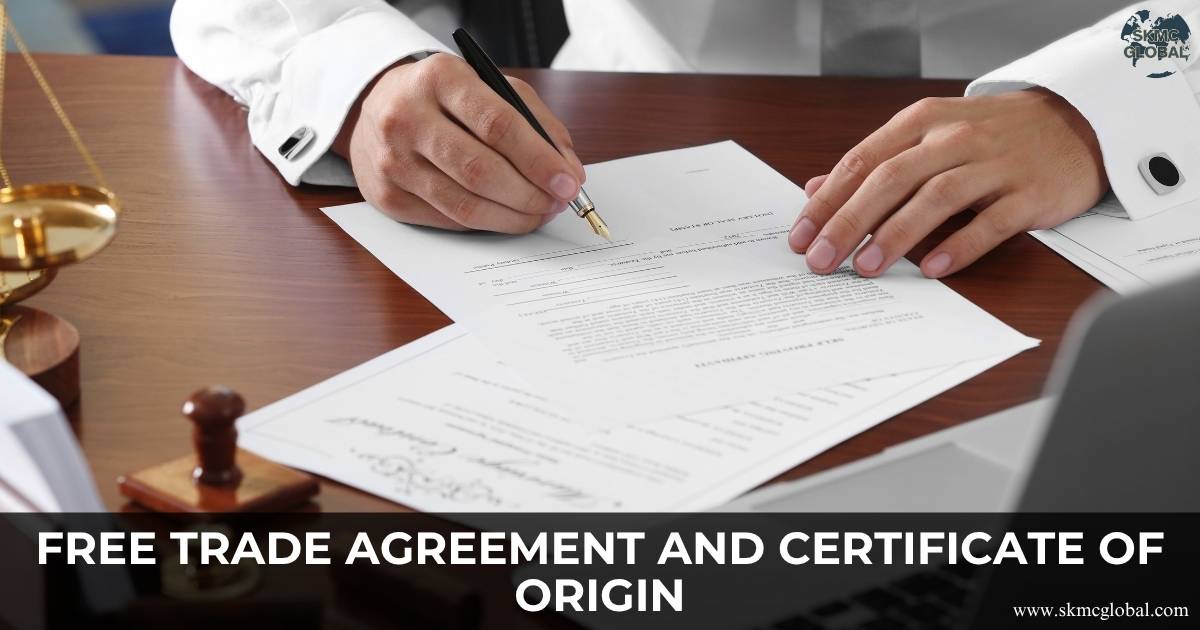 What is Free Trade Agreement and Certificate of Or...
Oct 08,2025
What is Free Trade Agreement and Certificate of Or...
Oct 08,2025
-
 What is the relevance of status holders certificat...
Oct 06,2025
What is the relevance of status holders certificat...
Oct 06,2025
-
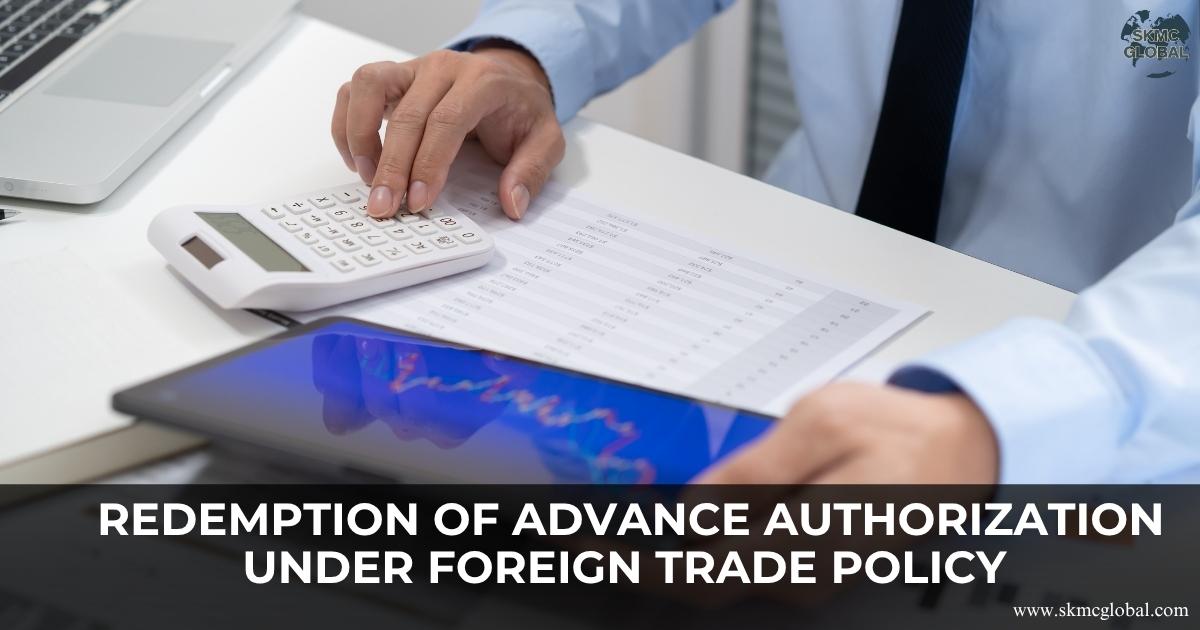 Redemption of Advance Authorization under Foreign ...
Oct 04,2025
Redemption of Advance Authorization under Foreign ...
Oct 04,2025
-
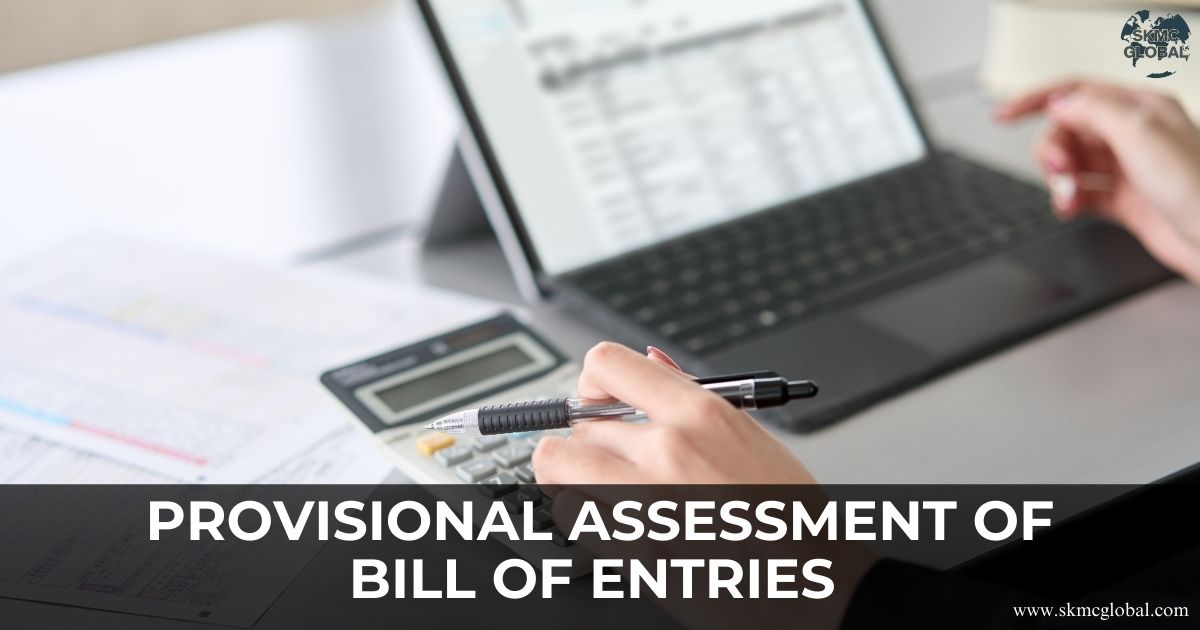 What is provisional assessment of Bill of Entries ...
Sep 29,2025
What is provisional assessment of Bill of Entries ...
Sep 29,2025
-
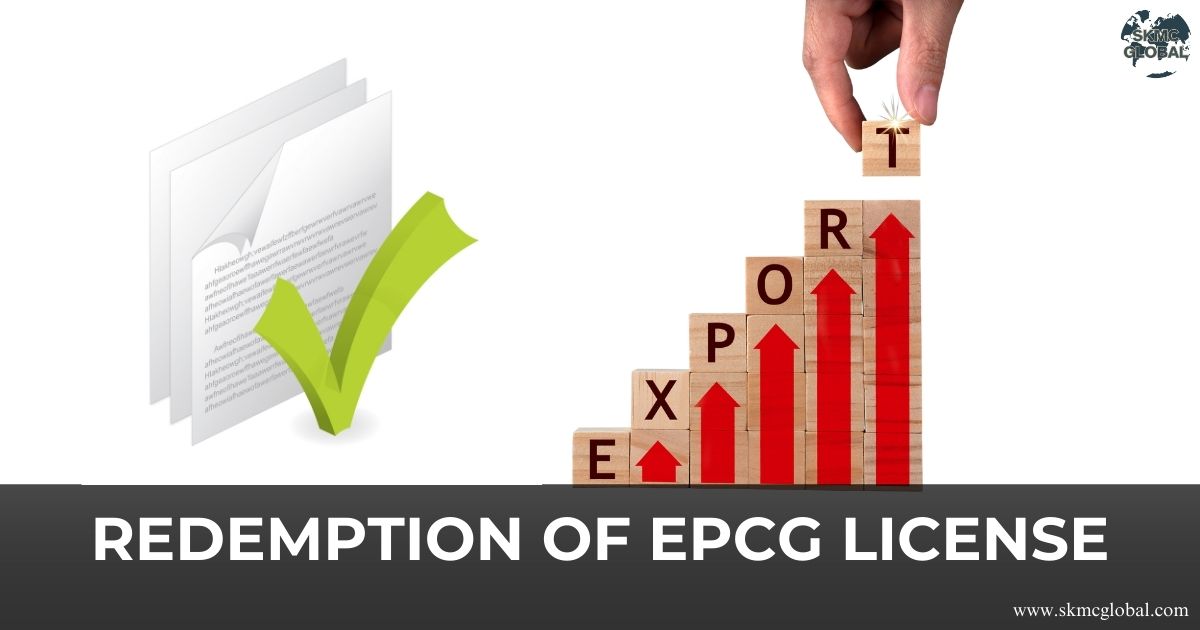 Redemption of EPCG License...
Sep 26,2025
Redemption of EPCG License...
Sep 26,2025
-
 MOOWR (Manufacturing and Other Operations in Wareh...
Sep 24,2025
MOOWR (Manufacturing and Other Operations in Wareh...
Sep 24,2025
-
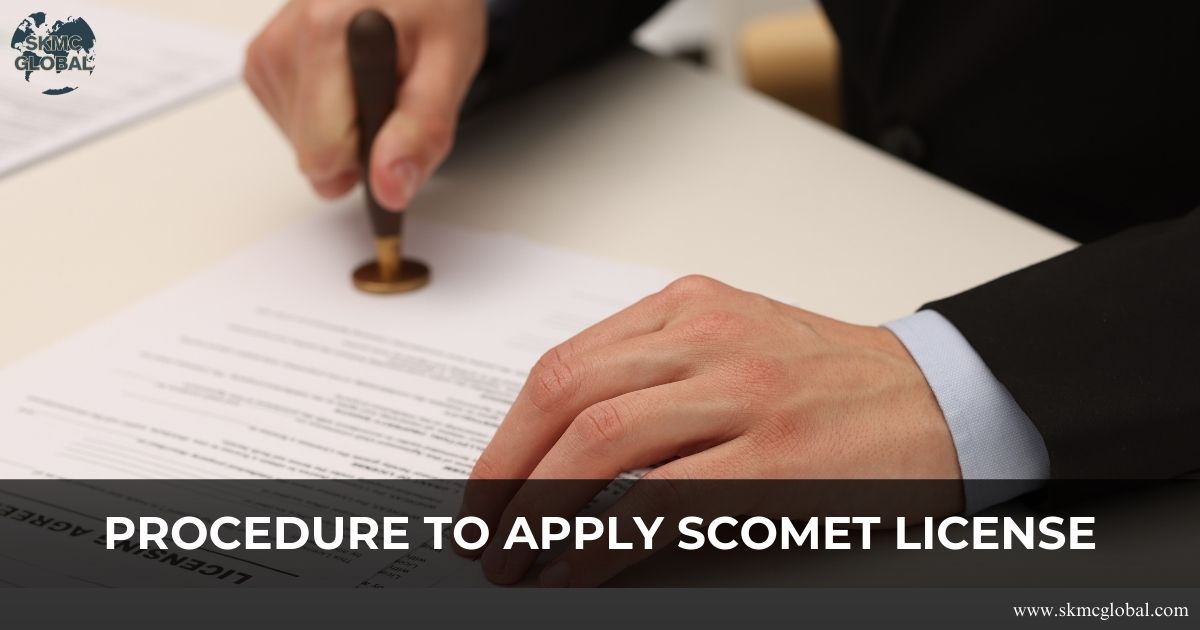 Procedure to Apply SCOMET License...
Sep 22,2025
Procedure to Apply SCOMET License...
Sep 22,2025
-
 Landscape of Semiconductor Industry while Doing Bu...
Sep 18,2025
Landscape of Semiconductor Industry while Doing Bu...
Sep 18,2025
-
 The Hidden Costs of In-House Accounting v/s Outsou...
Sep 17,2025
The Hidden Costs of In-House Accounting v/s Outsou...
Sep 17,2025
-
 TDS on sale of immovable property by an nri...
Sep 10,2025
TDS on sale of immovable property by an nri...
Sep 10,2025
-
 Setting up a Project Office in India...
Sep 08,2025
Setting up a Project Office in India...
Sep 08,2025
-
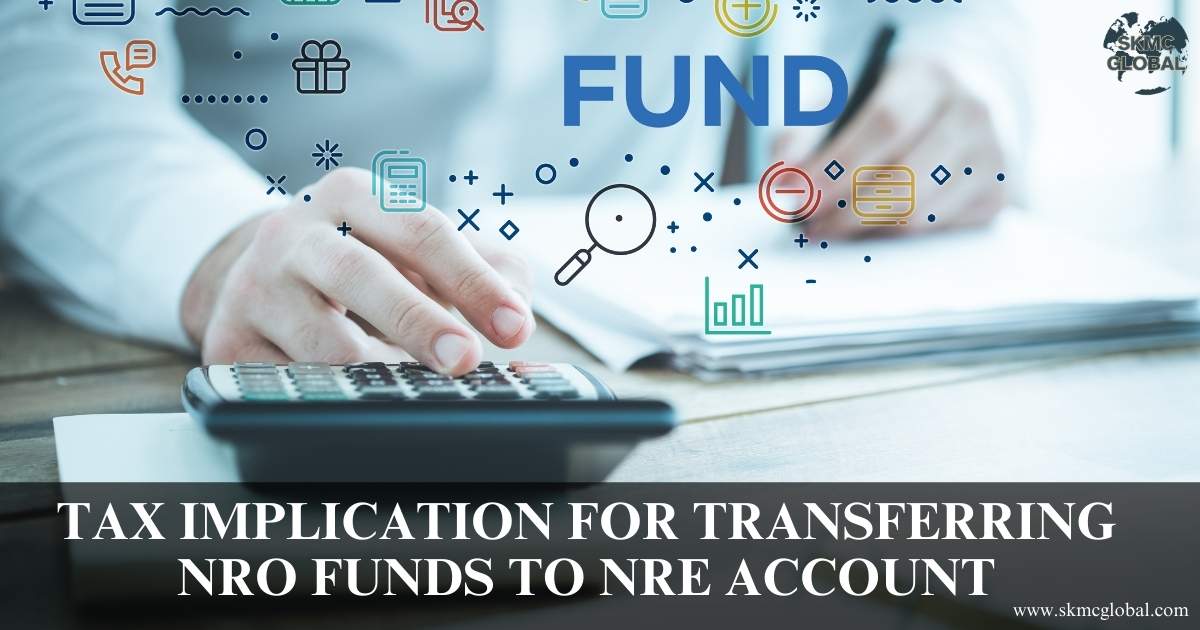 Tax Implication for Transferring NRO Funds to NRE ...
Sep 05,2025
Tax Implication for Transferring NRO Funds to NRE ...
Sep 05,2025
-
 How outsourcing CFO services helps the corporates ...
Aug 27,2025
How outsourcing CFO services helps the corporates ...
Aug 27,2025
-
 Why a Periodical Cash Flow Statement is Necessary ...
Aug 26,2025
Why a Periodical Cash Flow Statement is Necessary ...
Aug 26,2025
-
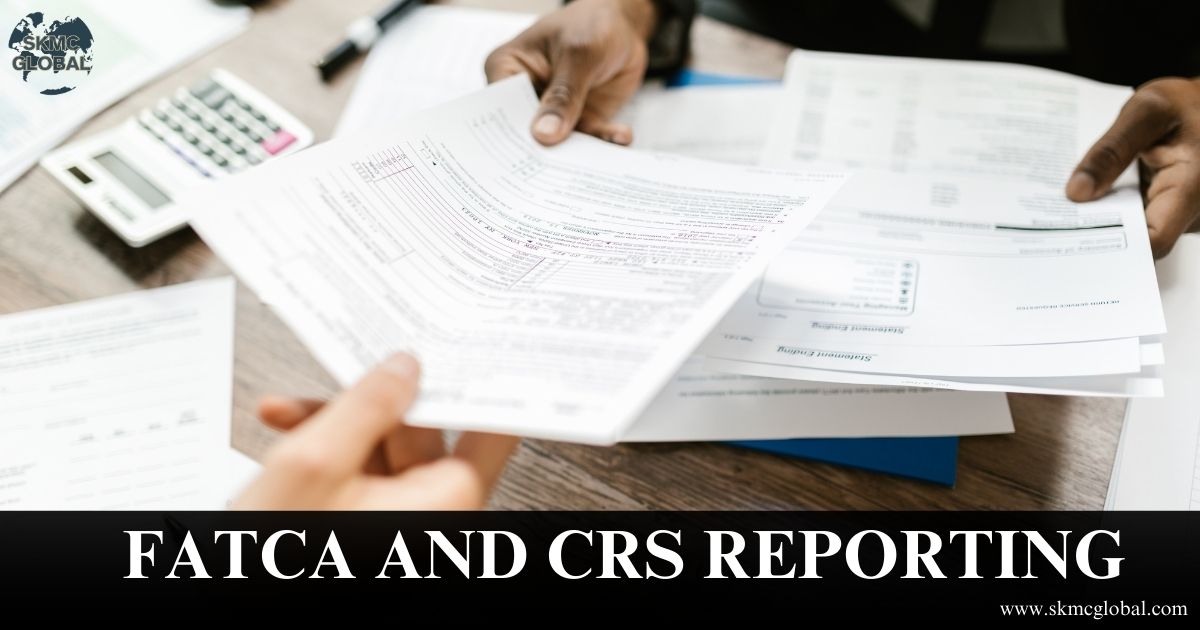 What is FATCA and CRS reporting and its difference...
Aug 22,2025
What is FATCA and CRS reporting and its difference...
Aug 22,2025
-
 What are unclaimed TDS Credits and how to claim it...
Aug 21,2025
What are unclaimed TDS Credits and how to claim it...
Aug 21,2025
-
 Digital Taxation is reshaping Tax Nexus Between Ju...
Aug 20,2025
Digital Taxation is reshaping Tax Nexus Between Ju...
Aug 20,2025
-
 Procedure to Take PF Registration and Its Complian...
Aug 18,2025
Procedure to Take PF Registration and Its Complian...
Aug 18,2025
-
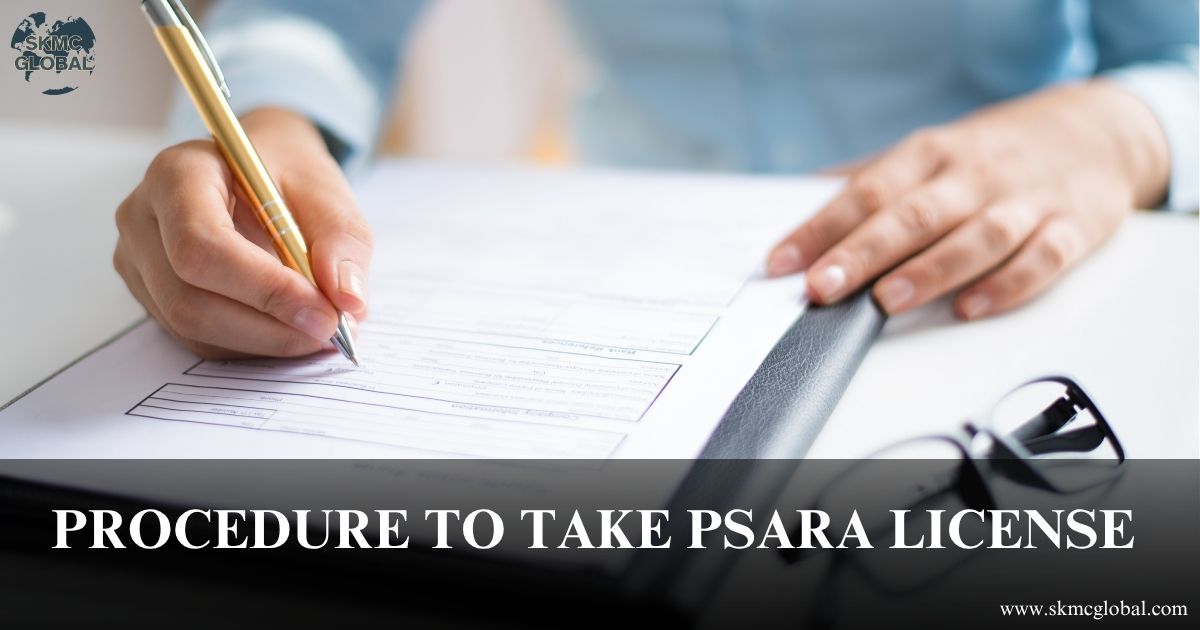 Procedure to take PSARA License...
Aug 11,2025
Procedure to take PSARA License...
Aug 11,2025
-
 Mandatory factory license while setting up manufac...
Aug 08,2025
Mandatory factory license while setting up manufac...
Aug 08,2025
-
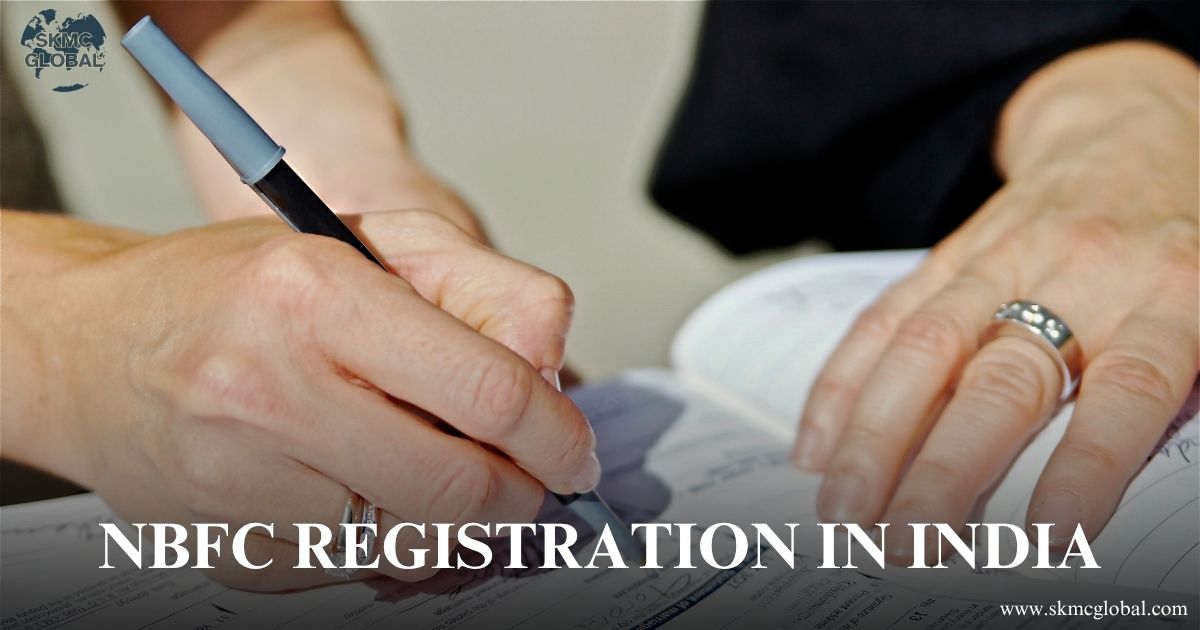 Procedure for obtaining NBFC Registration in India...
Aug 04,2025
Procedure for obtaining NBFC Registration in India...
Aug 04,2025
-
 FSSAI License registration for Food Business...
Jul 14,2025
FSSAI License registration for Food Business...
Jul 14,2025
-
 How Management Information System (MIS) reporting ...
Jul 11,2025
How Management Information System (MIS) reporting ...
Jul 11,2025
-
 IFRS 9 impairment- A complete guide...
Jul 12,2025
IFRS 9 impairment- A complete guide...
Jul 12,2025
-
 Why most of the companies are shifting to hr and p...
Jul 10,2025
Why most of the companies are shifting to hr and p...
Jul 10,2025
-
 A complete guide on valuation of shares...
Jul 10,2025
A complete guide on valuation of shares...
Jul 10,2025
-
 BIS registration for foreign manufacturer...
Jul 09,2025
BIS registration for foreign manufacturer...
Jul 09,2025
-
 Understanding the Scope of the Shops and Establish...
Jul 08,2025
Understanding the Scope of the Shops and Establish...
Jul 08,2025
-
 Coso framework: Complete guide on internal control...
Jun 26,2025
Coso framework: Complete guide on internal control...
Jun 26,2025
-
 Components and Process for Conducting Internal Aud...
Jun 25,2025
Components and Process for Conducting Internal Aud...
Jun 25,2025
-
 What is ICFR and Why It is Important for Businesse...
Jun 24,2025
What is ICFR and Why It is Important for Businesse...
Jun 24,2025
-
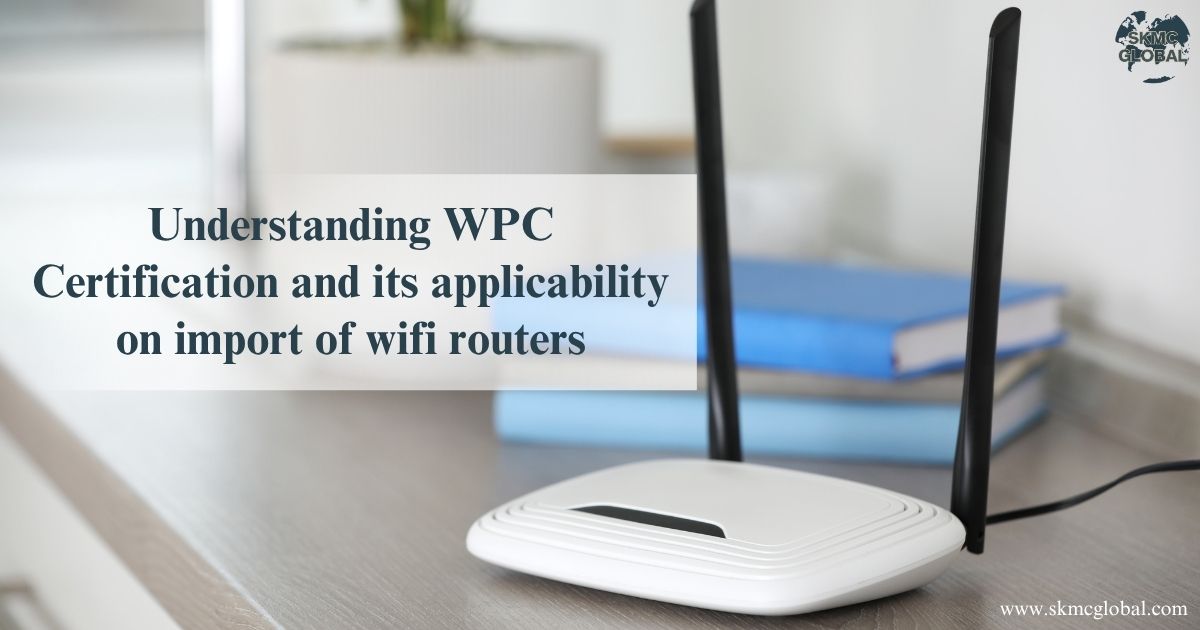 Understanding WPC Certification and its applicabil...
Jun 23,2025
Understanding WPC Certification and its applicabil...
Jun 23,2025
-
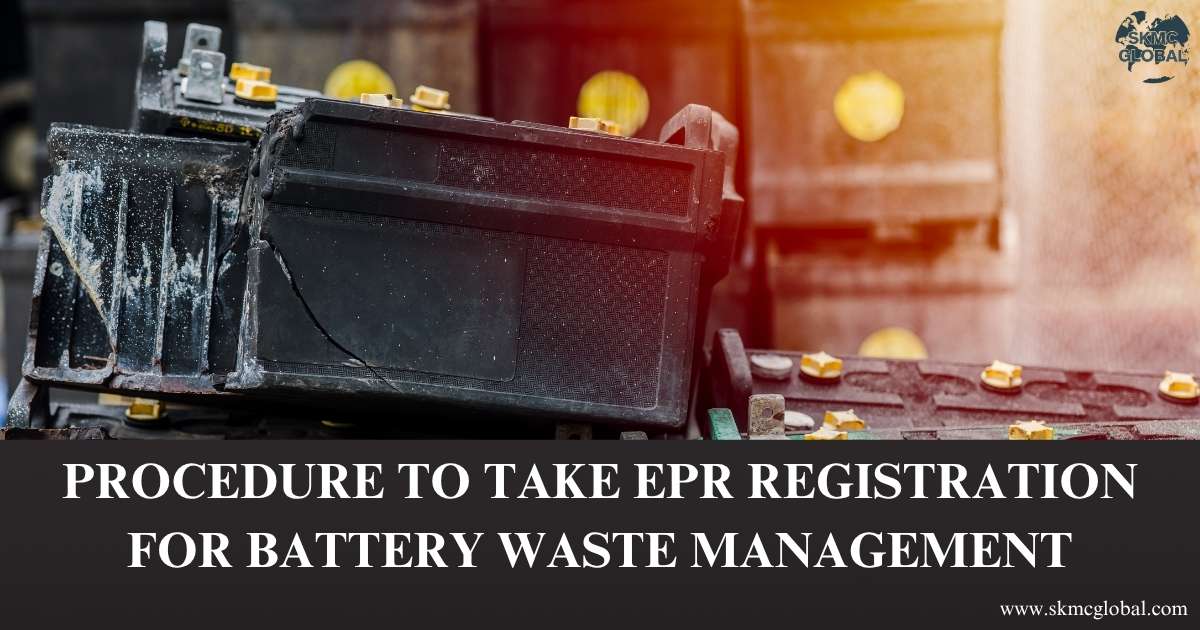 Procedure to take EPR registration for battery was...
Jun 21,2025
Procedure to take EPR registration for battery was...
Jun 21,2025
-
 3PL Logistics...
Jun 19,2025
3PL Logistics...
Jun 19,2025
-
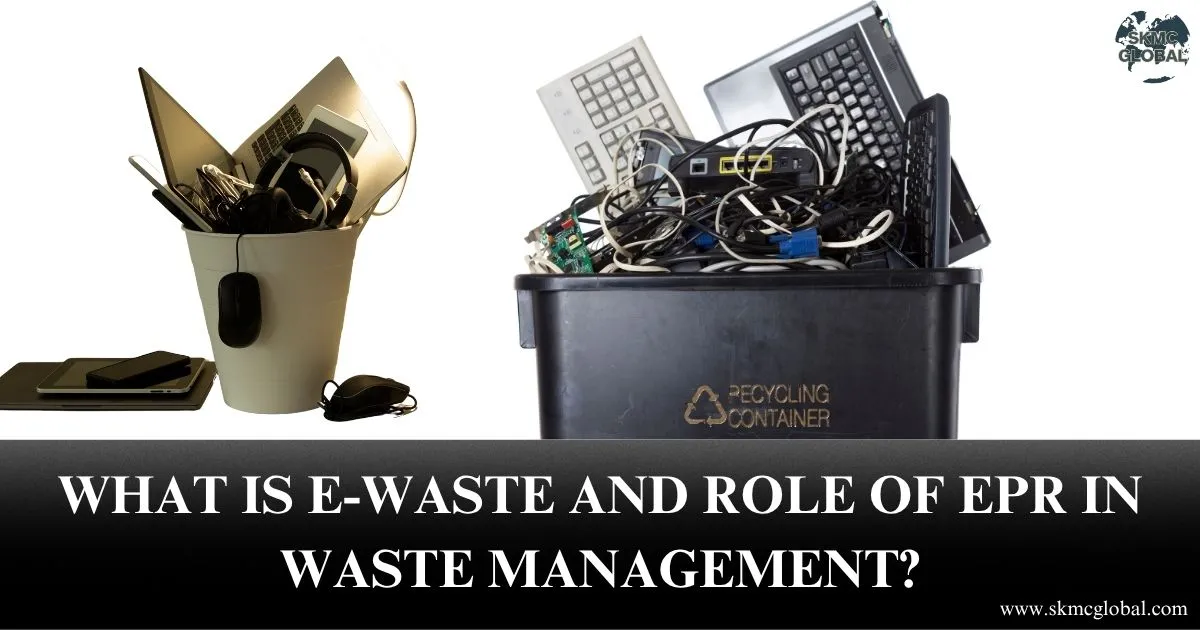 What is E-Waste and role of EPR in Waste Managemen...
Jun 17,2025
What is E-Waste and role of EPR in Waste Managemen...
Jun 17,2025
-
 M&A Due Diligence in India: How to Spot Target Com...
Jun 16,2025
M&A Due Diligence in India: How to Spot Target Com...
Jun 16,2025
-
 BIS crs certification for electronic products...
Jun 12,2025
BIS crs certification for electronic products...
Jun 12,2025
-
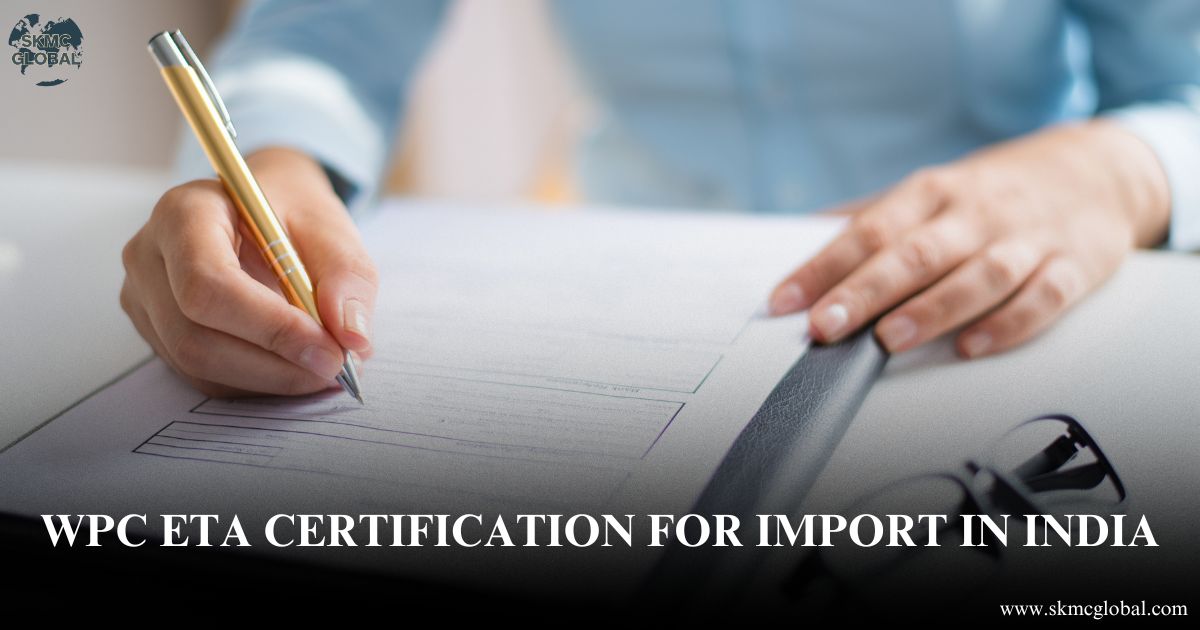 All you need to know about WPC ETA certification f...
Jun 11,2025
All you need to know about WPC ETA certification f...
Jun 11,2025
-
 What is CDSCO Registration under The Drugs & Cosme...
Jun 10,2025
What is CDSCO Registration under The Drugs & Cosme...
Jun 10,2025
-
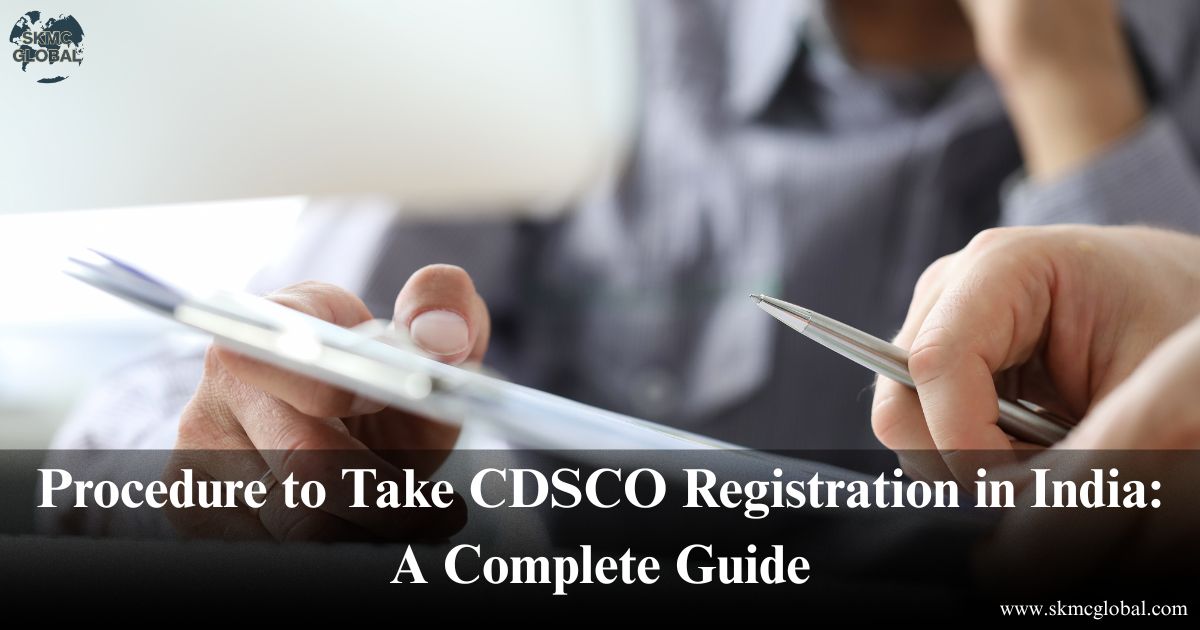 Procedure to Take CDSCO Registration in India: A C...
Jun 09,2025
Procedure to Take CDSCO Registration in India: A C...
Jun 09,2025
-
 All You Need to Know About AERB Registration...
Jun 07,2025
All You Need to Know About AERB Registration...
Jun 07,2025
-
 Understanding POSH (Prevention of Sexual Harassmen...
Jun 03,2025
Understanding POSH (Prevention of Sexual Harassmen...
Jun 03,2025
-
 Chartered Accountant's role in financial managemen...
May 23,2025
Chartered Accountant's role in financial managemen...
May 23,2025
-
 5 Things to keep in your mind while running payrol...
May 17,2025
5 Things to keep in your mind while running payrol...
May 17,2025
-
 Why BIS Certification is Crucial for Importers and...
May 15,2025
Why BIS Certification is Crucial for Importers and...
May 15,2025
-
 Top 7 Reasons Indian Entrepreneurs Are Switching t...
May 07,2025
Top 7 Reasons Indian Entrepreneurs Are Switching t...
May 07,2025
-
 Incorporation of Company in Japan...
Apr 24,2025
Incorporation of Company in Japan...
Apr 24,2025
-
 How to set up a Representative Office in Singapore...
Apr 14,2025
How to set up a Representative Office in Singapore...
Apr 14,2025
-
 BIS certificate for medical equipments...
Apr 09,2025
BIS certificate for medical equipments...
Apr 09,2025
-
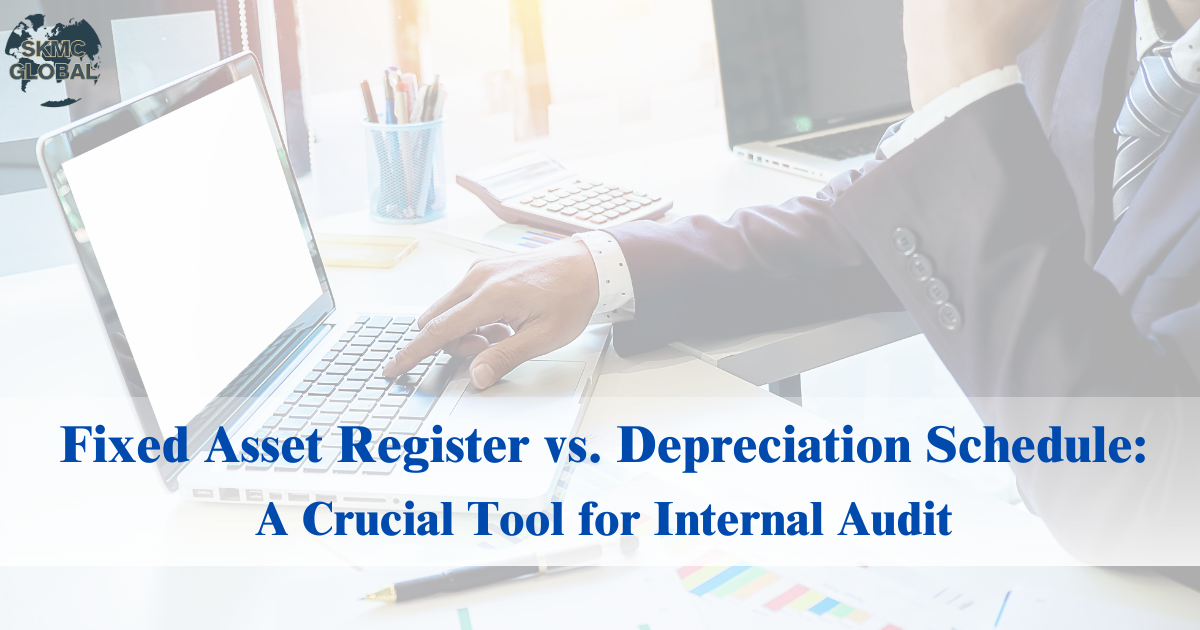 Fixed Asset Register v/s Depreciation Schedule: A ...
Apr 02,2025
Fixed Asset Register v/s Depreciation Schedule: A ...
Apr 02,2025
-
 Role of AI in Accounting...
Mar 26,2025
Role of AI in Accounting...
Mar 26,2025
-
 Capital Structure & its Impact on Profitability...
Feb 21,2025
Capital Structure & its Impact on Profitability...
Feb 21,2025
-
 Union Budget 2025...
Feb 01,2025
Union Budget 2025...
Feb 01,2025
-
 What is EPR in Plastic waste Management? ...
Jul 12,2022
What is EPR in Plastic waste Management? ...
Jul 12,2022
-
 Lithium-ion Battery Recycling Plant Setup in India...
May 10,2022
Lithium-ion Battery Recycling Plant Setup in India...
May 10,2022
-
 Setting up E-waste Recycling Plant Setup...
Jan 12,2022
Setting up E-waste Recycling Plant Setup...
Jan 12,2022
-
 Applicability of Labour Laws in India...
Jul 15,2021
Applicability of Labour Laws in India...
Jul 15,2021
-
 Basis to Outsource Finance and Accounting Services...
Oct 31,2021
Basis to Outsource Finance and Accounting Services...
Oct 31,2021
